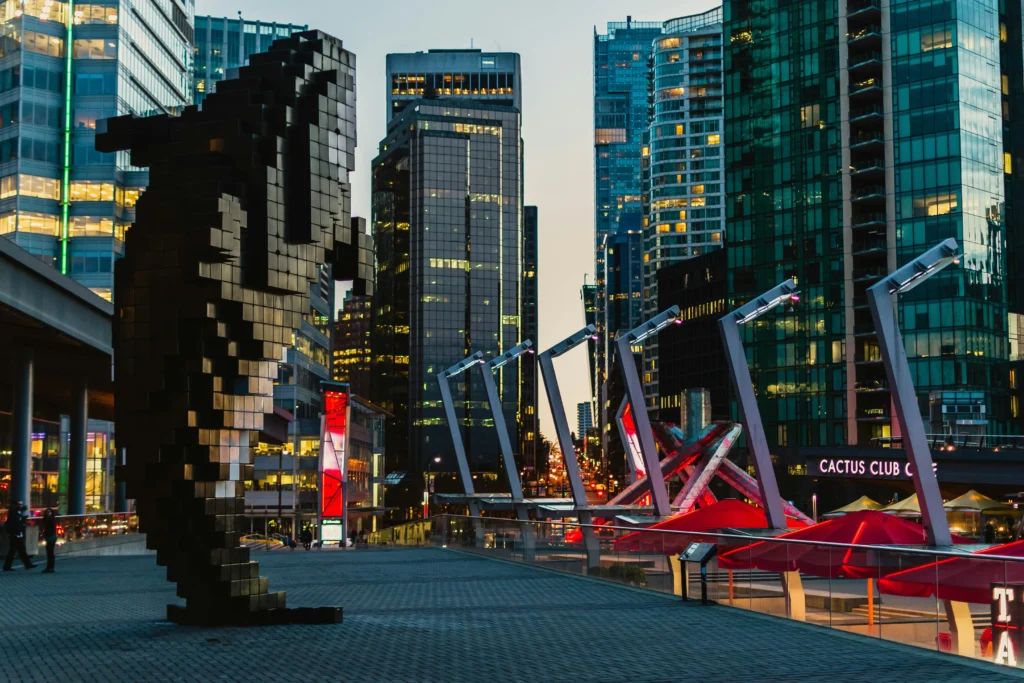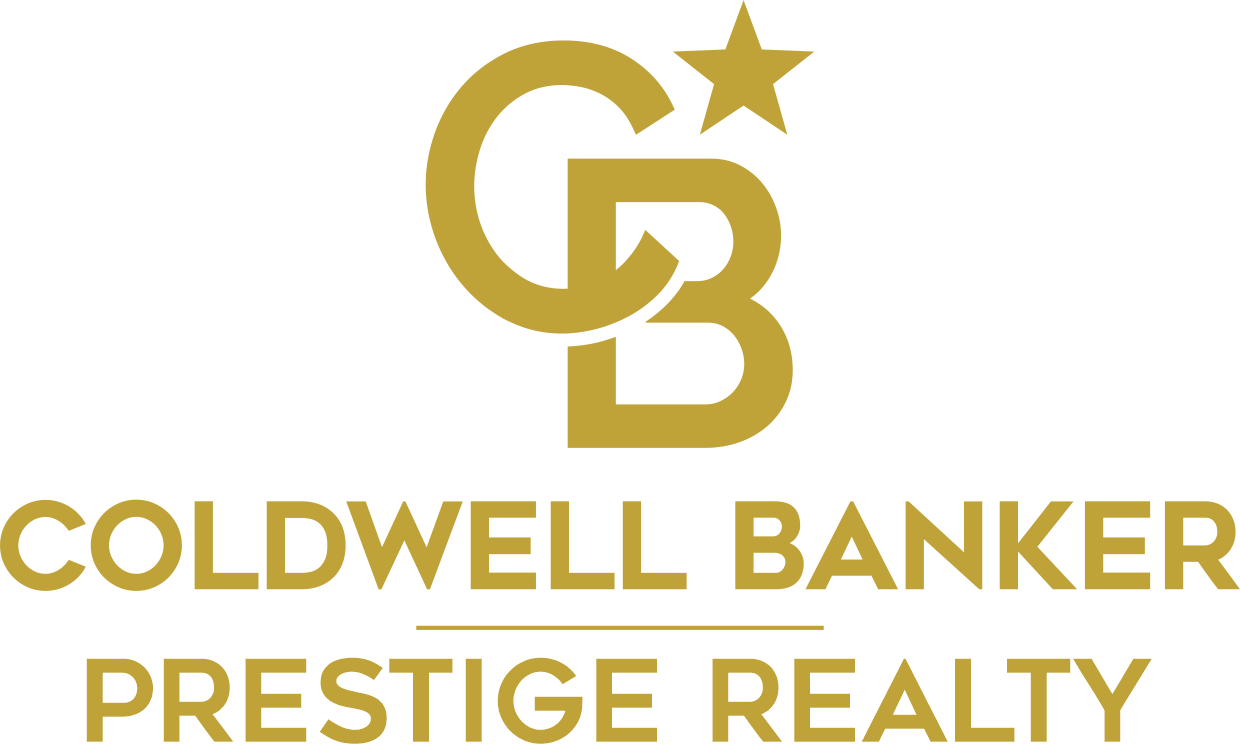
Retail Properties in the Vancouver Area: A Comprehensive Overview
The Vancouver real estate market for retail spaces has experienced fluctuations in recent years, influenced by both economic conditions and evolving consumer behavior. As the city navigates these changes, the demand for retail properties continues to be shaped by a variety of factors, from local infrastructure developments to global market shifts.
Infrastructure Investments Supporting Retail Growth
One of the key drivers for retail spaces in Vancouver is the city’s ongoing investment in its infrastructure. Notably, the Vancouver City Council has approved a 2025 operating and capital budget with significant allocations toward enhancing the city’s livability and sustainability. This budget includes initiatives to support retail growth, such as improvements in active transportation, green infrastructure, and the adaptation of zero-emission buildings. Additionally, funding for public safety initiatives, such as the increase in police officers and fire services, further strengthens the retail environment by promoting a safe and attractive atmosphere for both consumers and businesses.
Emerging Retail Opportunities in Revitalized Neighborhoods
As Vancouver continues to develop and refine its urban landscape, new opportunities for retail properties are emerging, particularly in areas undergoing revitalization. The city’s efforts in revitalizing neighborhoods like Chinatown, which include financial investments and operational enhancements, create prime locations for retail businesses to thrive. Similarly, zoning changes such as the adoption of multiplex zoning have led to the availability of additional retail spaces that align with modern urban living needs, offering new locations for businesses to cater to the growing population.
Impact of Rising Costs on Retail Properties
Retail property prices in Vancouver reflect the city’s strong market fundamentals, driven by both domestic demand and international interest. Recent reports highlight increases in property tax rates and utility fees, which are expected to have an impact on operational costs for businesses. While these increases may pose challenges for some retailers, they are also indicative of the city’s commitment to long-term growth and infrastructure improvement.
Business-Friendly Initiatives and Licensing Transformations
The city’s strategic initiatives, including fostering a business-friendly environment through streamlined permitting processes and licensing transformations, further enhance Vancouver’s appeal as a location for retail businesses. The introduction of online business license applications has significantly reduced processing times, encouraging entrepreneurs and established businesses alike to set up in Vancouver.
Sustainable Retail Growth and Environmental Considerations
Additionally, the city’s commitment to supporting climate-friendly initiatives and sustainable business practices, such as green building programs and energy-efficient designs, aligns with the broader global trend of eco-conscious retail. This makes Vancouver an attractive city for retail businesses looking to operate sustainably while capitalizing on the city’s progressive environmental policies.
Conclusion: Future Outlook for Retail Properties in Vancouver
As the retail landscape in Vancouver continues to evolve, opportunities for businesses to secure prime retail spaces are abundant. However, it remains crucial for retailers to stay informed of changes in zoning laws, infrastructure investments, and market dynamics to ensure their businesses remain competitive and profitable in the years to come.

